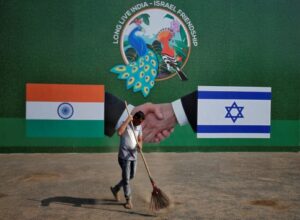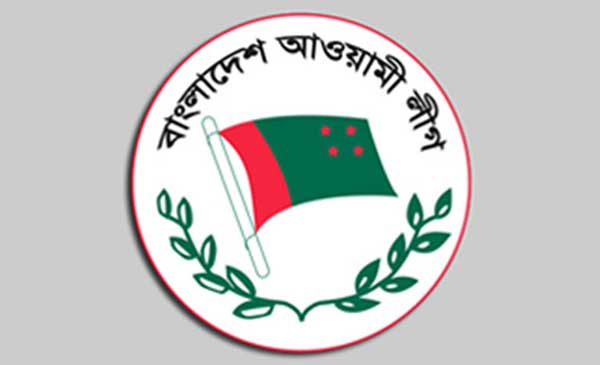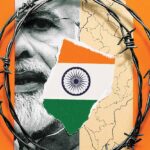 MOON Desk: The conflicts in Palestine and Kashmir rank among the most enduring and intricate of our time. Their complexity encompasses not only territorial disputes but also deep-seated ideological differences. The states occupying these regions assert historical and religious rights, perpetuating prolonged violence, oppressive rule, and human rights abuses. The parallels between these two struggles are stark.
MOON Desk: The conflicts in Palestine and Kashmir rank among the most enduring and intricate of our time. Their complexity encompasses not only territorial disputes but also deep-seated ideological differences. The states occupying these regions assert historical and religious rights, perpetuating prolonged violence, oppressive rule, and human rights abuses. The parallels between these two struggles are stark.
From 1947 to 1948, the United Nations made similar promises to the people of Palestine and Kashmir. Yet, the partitioning of their lands, followed by wars and foreign interventions, shattered these hopes. Nelson Mandela’s words about the liberation of Palestine being integral to our own freedom find echoes in Kashmir, where people fight for recognition and equality.
Tragically, the international community and both India and Israel have disregarded UN resolutions that could have empowered these people to determine their own futures. This neglect has bred war, instability, and suffering in both the Middle East and South Asia. Palestinians endure an apartheid-like existence, while Kashmiris face conflict, sieges, and atrocities. The human and material costs of these conflicts are incalculable. Injustice in one place endangers fair treatment everywhere, challenging the moral integrity of all nations.
The consequences of these unresolved issues are profound. Palestinians and Kashmiris grapple with illegal military occupation, impunity of armed forces, human rights abuses verging on genocidal, psychological trauma, collective punishment, and economic hardship. Their resistance against foreign occupation is, therefore, unsurprising and justified. The presence of occupying forces in both regions poses a threat to peace and security and often leads to human rights violations.
In Kashmir, a Muslim-majority region, there is opposition to an Indian law seen as mirroring Israeli tactics, potentially altering the area’s demography. India and Israel’s close relationship is reflected in the considerable Israeli arms presence in Kashmir, with India being a major Israeli arms market. Furthermore, India and Israel’s collaboration on security and counter-terrorism, including training Indian police in methods used against Palestinians, has resulted in widespread human rights violations, including torture and extrajudicial killings.
After revoking Articles 370 and 35A, India implemented discriminatory policies in Kashmir, mirroring Israel’s long-standing practices in the occupied Palestinian territories. Israeli plans to assume control over the Gaza Strip and India’s approach to Kashmir threaten the rights of Palestinians and Kashmiris and jeopardize peace solutions.







